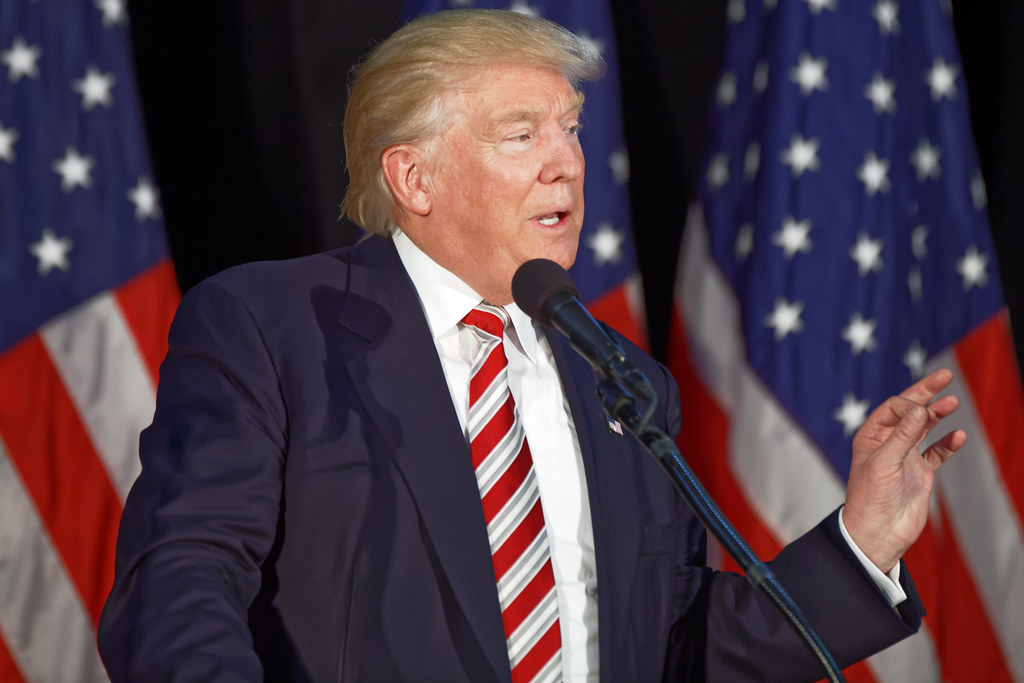Key Takeaways
- President Trump said he earned a perfect score on a cognitive exam.
- His claim sparked criticism and disbelief on social media.
- Observers note that the test does not provide a numerical score.
- The exchange highlights questions about presidential health transparency.
Social Media Reacts to Trump’s Cognitive Exam Score
President Donald Trump told reporters he scored perfectly on a recent cognitive exam. He made the comment during an Oval Office news conference. He argued that other presidents refused to take the test. Then he claimed his result was rare and “almost never seen.” His bold statement quickly drew criticism online.
Trump’s Cognitive Exam Claim in His Own Words
President Trump said the exam was “risky.” He warned reporters he would have been the “first to hear” if he did poorly. Then he proclaimed, “I had a perfect score. I got the highest score.” He added that the doctor said he rarely sees that result. Finally, he asked, “Did Obama…?” without finishing the thought.
The Debate About the Cognitive Exam
Many pointed out that the screening Trump took does not offer a numerical grade. Instead, it checks memory, problem solving, and other mental skills. Professionals say it only gives a pass or fail result. Therefore, critics said Trump’s claim of a “perfect score” makes no sense.
Reactions on Social Media to the Cognitive Exam Claim
After Trump’s comments, users flooded the social media platform X. Some mocked his boast, while others expressed anger or disbelief. One producer noted how Trump tried to shift attention but ended up revealing something else. A veteran with a traumatic brain injury shared that the test offers no score. An actor compared Trump’s style to a dictator. A podcaster posted a movie meme to show he did not believe the claim. A liberal commentator quipped that the president probably struggled on the exam.
Why People Doubt the Cognitive Exam Score
First, the standard screening test checks for mental issues but does not assign points. Second, doctors rarely announce perfect ratings in public. Third, experts say that revealing medical details in such a way breaks with tradition. Finally, many note the lack of evidence beyond the president’s own words.
What the Cognitive Exam Involves
The screening includes tasks like drawing shapes, naming animals, and remembering words. Doctors use it to spot early signs of memory loss or confusion. It takes only a few minutes to complete. Successful performance means the patient likely does not have serious cognitive problems. Failure may prompt more detailed testing.
Potential Risks and Benefits of the Exam
Taking the exam can help doctors track changes in mental skills over time. However, publicizing a private health check can spark unwanted questions. Some say it keeps leaders accountable. Others argue it invites unfair judgment or politicizes health matters. In any case, it remains a quick and simple tool for basic assessment.
The History of Presidential Health Checks
In recent decades, presidents have shared medical updates to assure the public. Yet few have disclosed full exam results. Some held off on details to protect privacy or avoid headlines. Still, voters often look for signs of fitness for office. The cognitive exam has become a new topic in that discussion.
How Transparency Affects Public Trust
When leaders share clear health reports, they can build confidence. Conversely, vague statements invite rumors. If the public doubts a claim, they may suspect a cover-up. Transparency helps voters assess a leader’s ability to handle stress and complex tasks. Without it, skepticism grows rapidly.
Analysts Weigh In on Trump’s Approach
Political experts say Trump’s flash of bravado fits his style. He often boasts about achievements to shape public perception. Yet this time, the claim collided with medical facts. Analysts wonder if the episode will shift focus back to health debates. Some believe it could hurt his image among swing voters.
Lessons From the Cognitive Exam Controversy
First, accuracy matters when discussing medical tests. Second, understanding how exams work can prevent confusion. Third, leaders might avoid bold claims that experts can easily dispute. Finally, public debate over health can influence political campaigns.
Looking Ahead: What Comes Next?
Trump’s comment may prompt further medical disclosures or new medical bulletins. Voters will likely watch for follow-up information from the White House doctor. Media outlets may press for details on other tests. Opponents might use the issue to question readiness for office. Supporters will defend the president’s record and health.
Conclusion
President Trump’s claim of a perfect cognitive exam score has stirred debate. Critics point out that the test offers no official score. The public reaction shows how health issues can shape political narratives. Moving forward, clear medical reports and facts will play a key role in public trust.
FAQs
What is a cognitive exam and why is it given?
A cognitive exam checks basic thinking skills like memory and problem solving. Doctors use it to spot early signs of mental decline. It takes only minutes and helps decide if more testing is needed.
Can someone really earn a perfect score on this screening?
No. The common screening tools do not deliver a numerical score. Instead, they give a pass or fail result based on task completion. Experts agree the term “perfect score” does not apply.
Why do some critics compare Trump to a dictator over health claims?
Critics argue that bragging about health tests resembles tactics used by authoritarian leaders. They say it can come across as forcing public praise rather than sharing facts.
How might this controversy affect the president’s public image?
The debate could raise doubts about transparency and honesty. Some voters may question the president’s fitness. Others might see the pushback as politically motivated. Ultimately, it may sway undecided voters.

